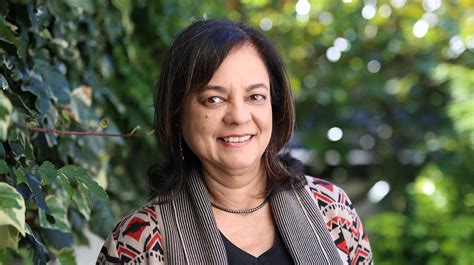A Quote by bell hooks
Whether we learn how to love ourselves and others will depend on the presence of a loving environment. Self-love cannot flourish in isolation.
Related Quotes
If we don't love ourselves, we would not love others. When someone tell you to love others first, and to love others more than ourselves; it is impossible. If you can't love yourselves, you can't love anybody else. Therefore we must gather up our great power so that we know in what ways we are good, what special abilities we have, what wisdom, what kind of talent we have, and how big our love is. When we can recognize our virtues, we can learn how to love others.
We have the need to be accepted and to be loved by others, but we cannot accept and love ourselves. The more self-love we have, the less we will experience self-abuse. Self-abuse comes from self-rejection, and self-rejection comes from having an image of what it means to be perfect and never measuring up to that ideal. Our image of perfection is the reason we reject ourselves the way we are, and why we don't accept others the way they are.
The amount of love, kindness, patience I have for others is is directly proportional to how much love I have for myself, because we cannot give others what we ourselves do not have. And, unsurprisingly, the amount of love, respect, support, and compassion I receive from others is also in direct proportion to how much I love myself.
There are two basic motivating forces: fear and love. When we are afraid, we pull back from life. When we are in love, we open to all that life has to offer with passion, excitement, and acceptance. We need to learn to love ourselves first, in all our glory and our imperfections. If we cannot love ourselves, we cannot fully open to our ability to love others or our potential to create. Evolution and all hopes for a better world rest in the fearlessness and open-hearted vision of people who embrace life.
Everyone deserves love and appreciation. If there is someone in the world whom we do not love, it is our blessing to work this out within ourselves. A very key spiritual principle, echoed in the Cayce readings as well as mainstream psychology, is that whatever we see in others that makes us angry, sad or jealous is a reflection of an issue we have in ourselves. If we can learn to love, respect and forgive ourselves, then we will not be angered and offended by what we see in others.


































